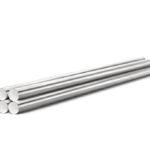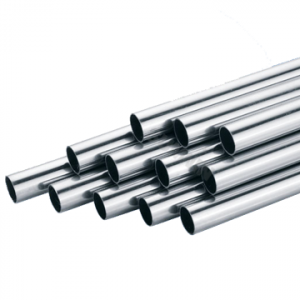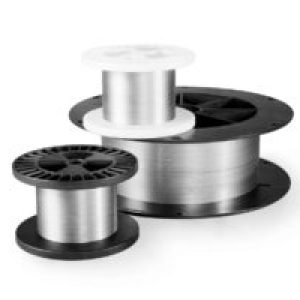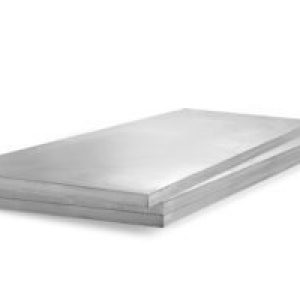Trace Elements in Ti6Al4V ELI: The Impact of Nitrogen
When it comes to titanium alloys like Ti6Al4V ELI, trace elements such as nitrogen can have a significant impact on the material’s mechanical properties. In this post, we dive deep into how trace amounts of nitrogen affect brittleness, fracture toughness, and strength.
Why does this matter?
1. Nitrogen can make your titanium alloy stronger, but there’s a balance! Too much can make it brittle. Too little, and you might lose strength. The key is finding that perfect balance.
2. In medical-grade titanium like Ti6Al4V ELI, precision is everything, and keeping nitrogen levels controlled ensures your material performs under the most demanding conditions.
Did you know? If the nitrogen content is low but your material still boasts high strength, you’re working with premium titanium! This means the strength is purely from the titanium and not from unwanted nitride phases like titanium nitride, which could weaken the material’s long-term performance.
At HTI, we deliver consistent quality, ensuring that the material you get is optimized for strength, ductility, and durability—making it perfect for critical applications like medical implants.
For more technical insights, check out the composition chart in the post!
Let’s talk titanium! Have questions about material quality or trace elements? Drop a comment or reach out at info@horizontitanium.com









